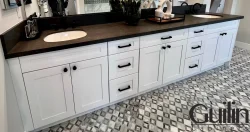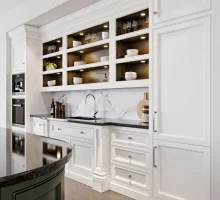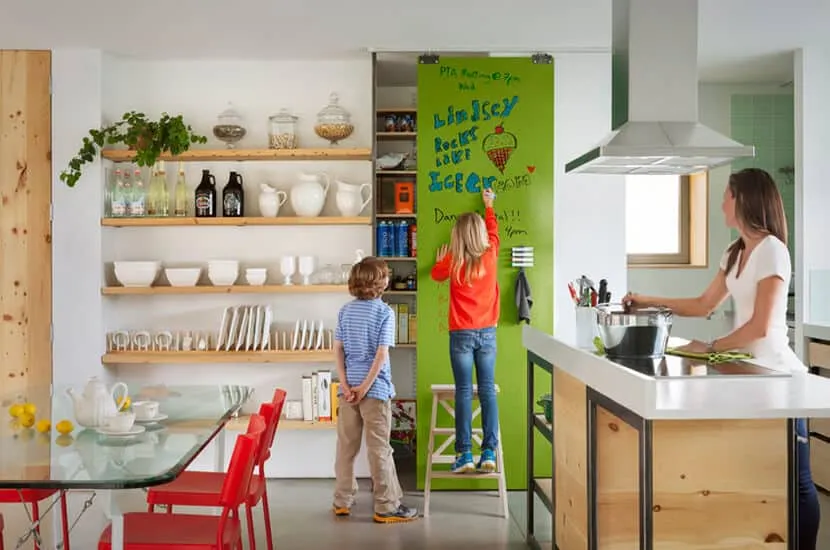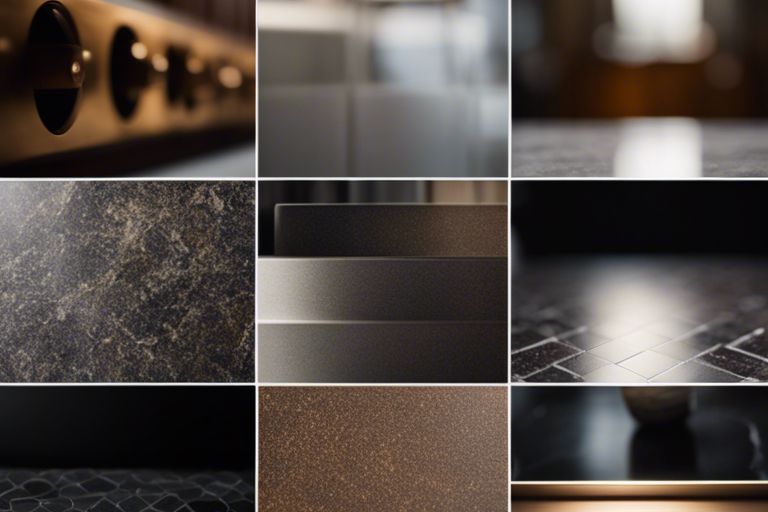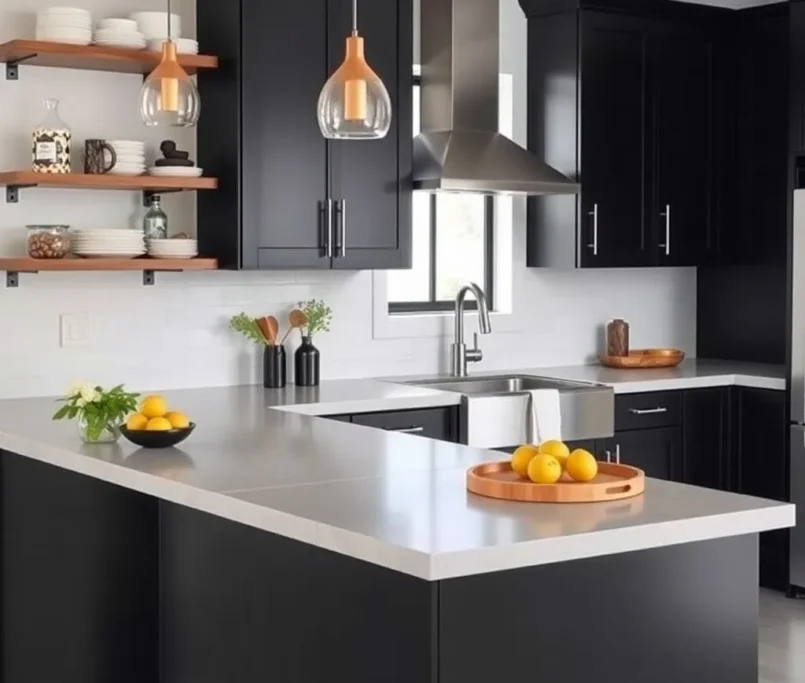With the plethora of cleaning products available on the market today, it can be overwhelming to choose the right one for your countertops. One popular and environmentally friendly option that many people turn to is vinegar. While vinegar can be effective at cleaning and disinfecting surfaces, including countertops, there are some important factors to consider before using it in your cleaning routine. This article will discuss the benefits and drawbacks of using vinegar to clean countertops, including its effectiveness, safety, and any potential risks associated with its use. To find out whether vinegar is the best option for maintaining spotless surfaces, stay tuned for more information.
About Vinegar
Before we explore the effectiveness of using vinegar to clean countertops, it’s crucial to understand the science behind this common household product. Vinegar, a staple in most kitchens, is a solution primarily composed of acetic acid and water. This simple composition gives vinegar its acidic properties that make it a powerful cleaning agent.
=> Related Article: Quartz Countertop: Clean, Maintain, and Remove Stains
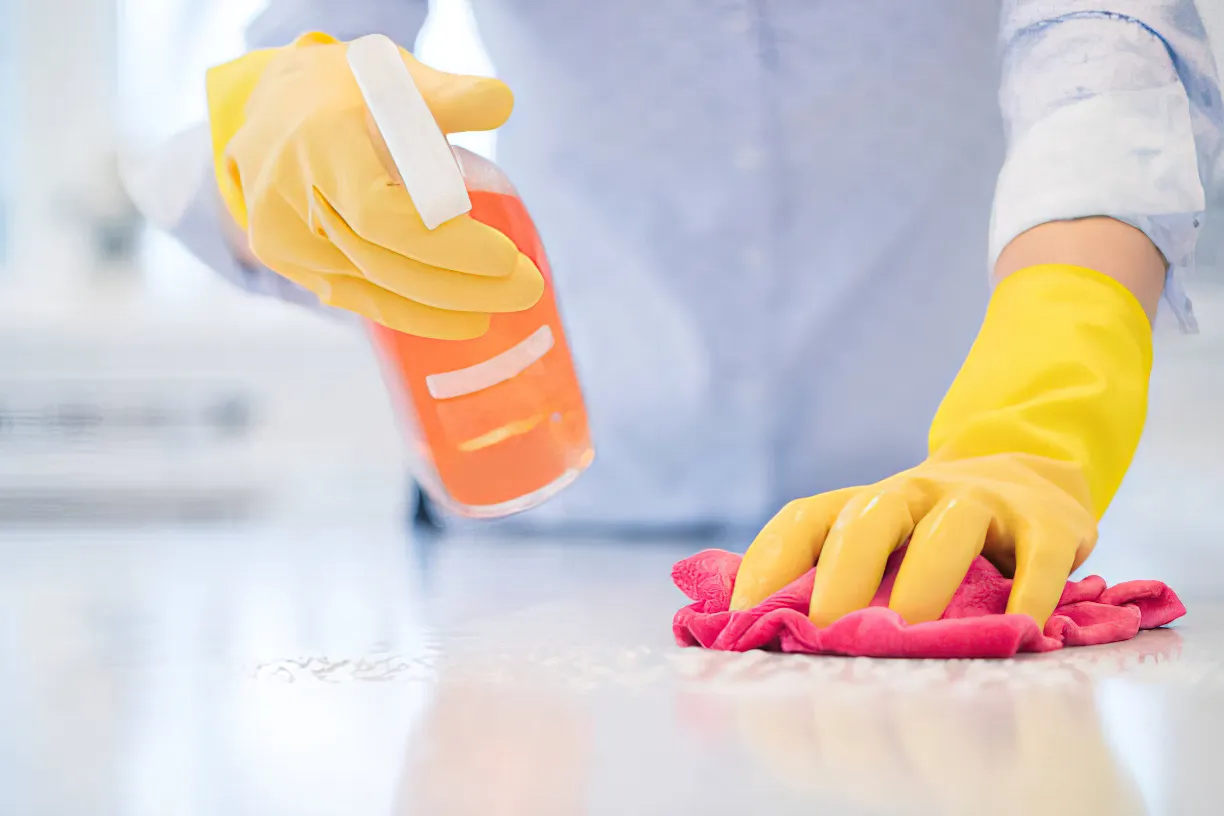
With a chemical composition of typically 5-8% acetic acid, vinegar is known for its acidic nature. Acetic acid is a weak acid but has strong antimicrobial properties, making it effective against a variety of bacteria and germs. The pH level of vinegar can vary depending on the type, but it generally falls between 2 and 3, which is acidic enough to help break down grease and grime on surfaces.
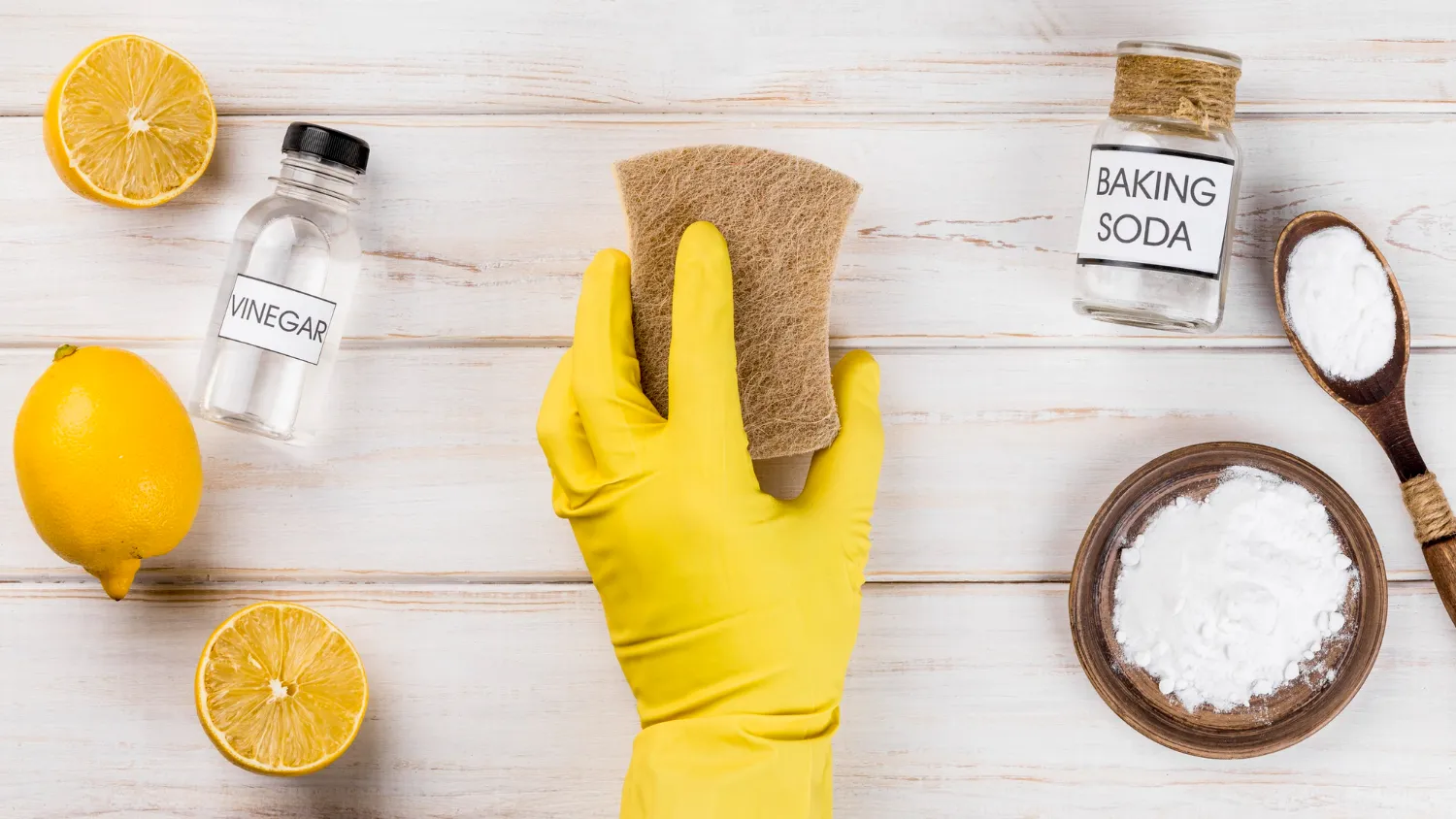
To comprehend the cleaning properties of vinegar, it is important to acknowledge the role of acidity in breaking down dirt and disinfecting surfaces. Vinegar’s acidic properties enable it to effectively dissolve mineral deposits, dirt, grease, and grime, making it a versatile cleaner for a variety of surfaces. The reaction between the acid in vinegar and these substances loosens them from the surface, making it easier to remove them.
Advantages of Using Vinegar for Cleaning
Natural and Non-toxic
On your journey to a more eco-friendly cleaning routine, vinegar stands out as a star player. Vinegar is a natural cleaner that boasts non-toxic properties, making it safe to use around pets, children, and those with sensitivities to harsh chemical-based cleaners. By using vinegar, you can avoid exposure to harmful ingredients that can linger on surfaces and potentially cause health issues.
=> Related Article: Granite Countertops: Clean, Maintain and Remove Food Stains
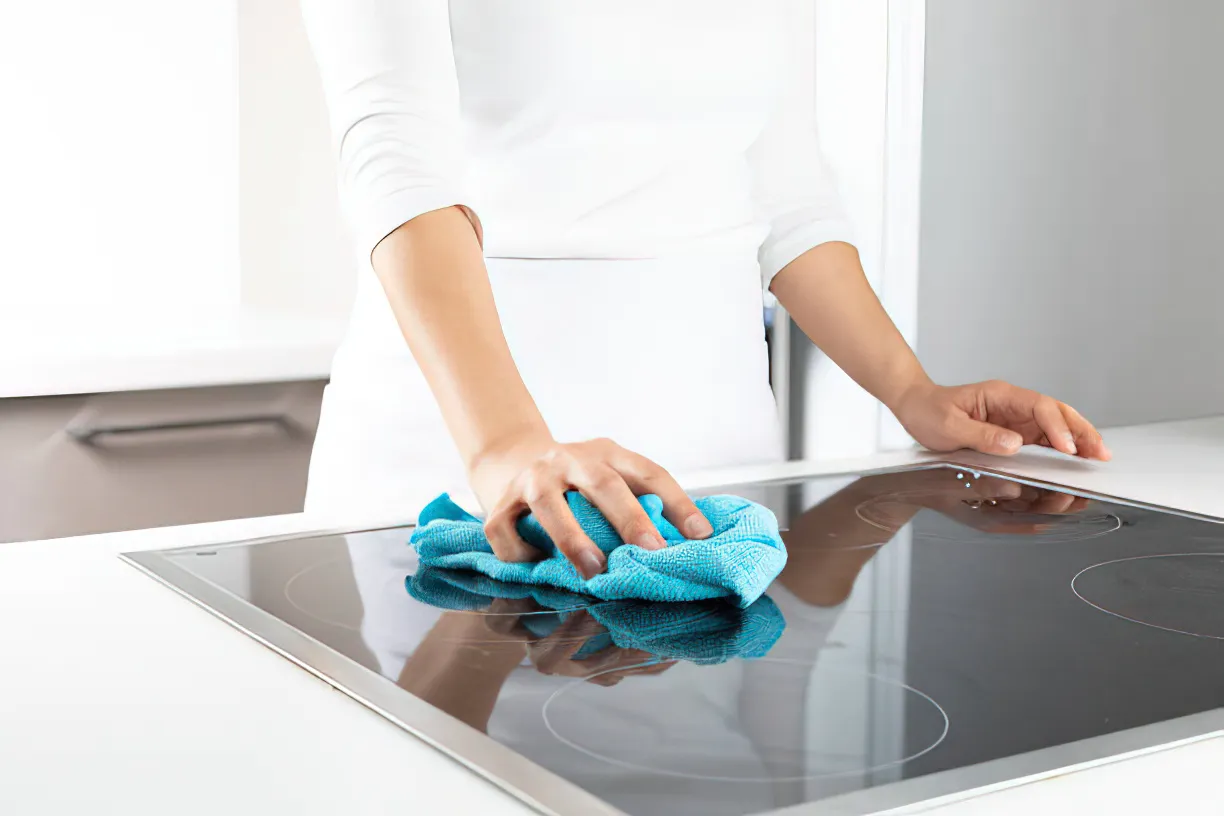
Readily Available and Affordable
The versatility of vinegar as a cleaning agent is matched by its widespread availability and affordability. It can be found in nearly every grocery store, making it convenient to incorporate into your cleaning regimen. Whether you opt for distilled white vinegar or apple cider vinegar, both options are cost-effective, especially when compared to specialized cleaners on the market. The modest price tag of vinegar doesn’t reflect its cleaning prowess. With just a few dollars, you can tackle a variety of cleaning tasks throughout your home, from disinfecting kitchen countertops to eliminating odors in the bathroom.
=> Related Article: How to Clean and Remove Stains from Marble Countertop
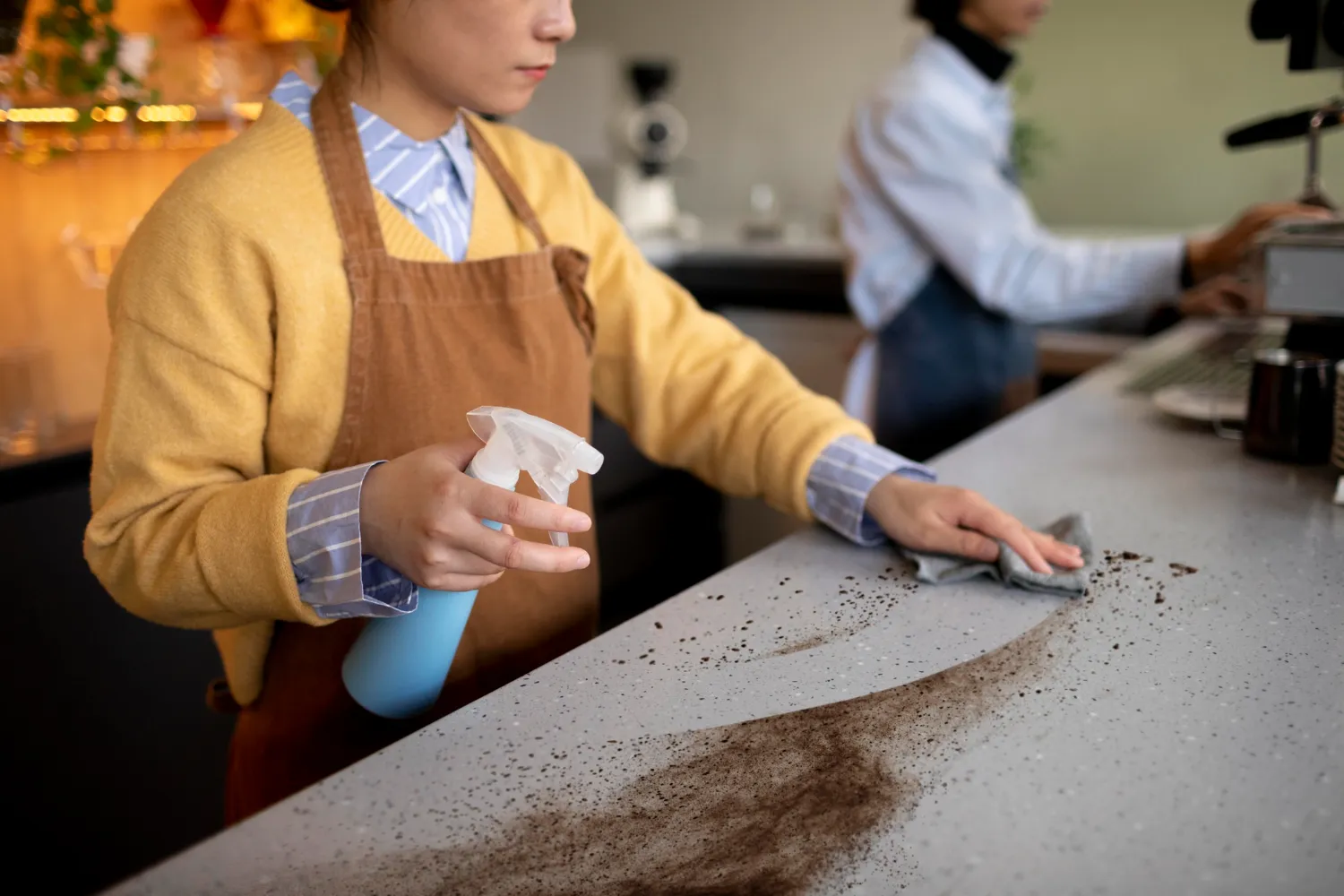
Antimicrobial Properties
Readily recognized for its cleaning abilities, vinegar also possesses antimicrobial properties that make it a powerful ally in fighting germs and bacteria. The acetic acid in vinegar has been shown to effectively kill certain strains of bacteria and viruses, making it a reliable disinfectant for everyday use. By understanding these properties, you can confidently use vinegar as a sanitizing solution in your home. When diluted with water, vinegar can be used to clean and disinfect a variety of surfaces, reducing the presence of harmful pathogens in your living environment. Its ability to combat germs naturally is a key advantage that sets vinegar apart from many commercial cleaners.
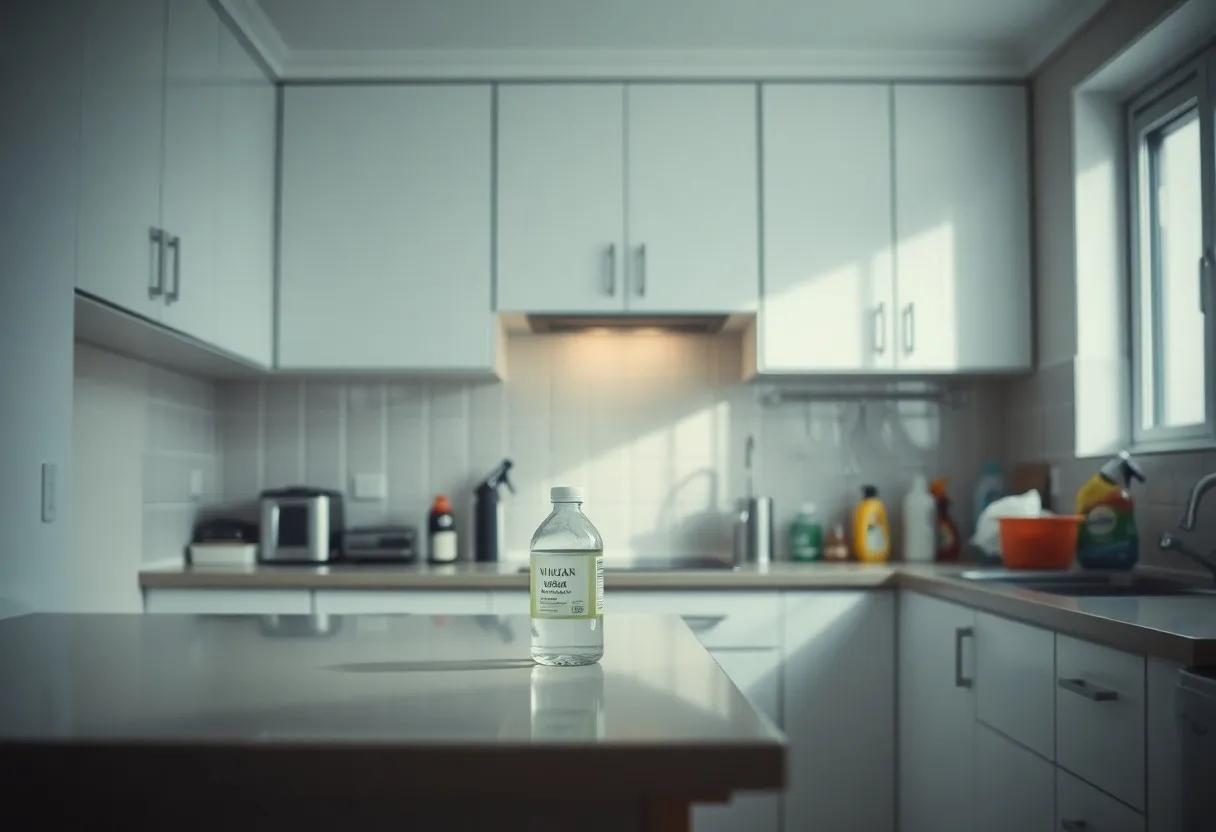
Limitations and Cautions
Once again, it is important to understand that while vinegar can be a powerful and effective cleaner for many surfaces, there are limitations to its use, and caution should be exercised when using it in certain situations.
Surfaces That Should Not Be Cleaned with Vinegar
Surfaces such as natural stone countertops like marble, granite, and quartz can be damaged by the acidic nature of vinegar. Additionally, vinegar is not suitable for cleaning hardwood floors as it can strip the finish and potentially damage the wood over time. It is also not recommended for use on electronic screens or appliances with screen displays as the acid can cause harm to the sensitive components.
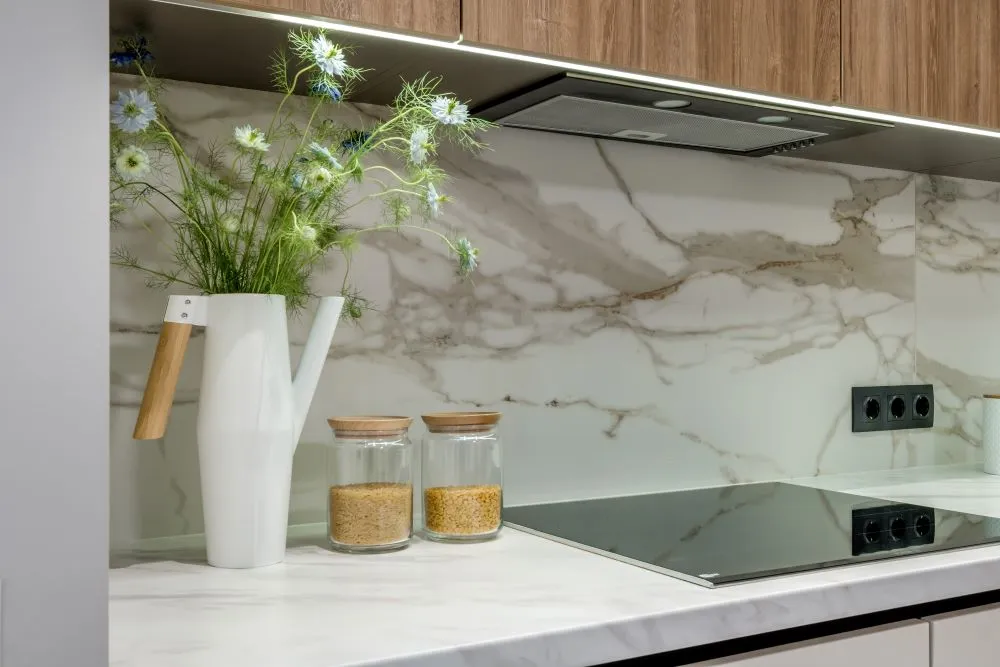
Potential Damage from Acidic Cleaners
Vinegar and other acidic cleaners have the potential to damage certain surfaces if not used properly. While vinegar is a natural and eco-friendly cleaner, its acidic nature can cause harm to materials like aluminum, cast iron, and certain types of finishes. It is important to dilute vinegar properly and test it on a small, inconspicuous area before using it on sensitive surfaces.
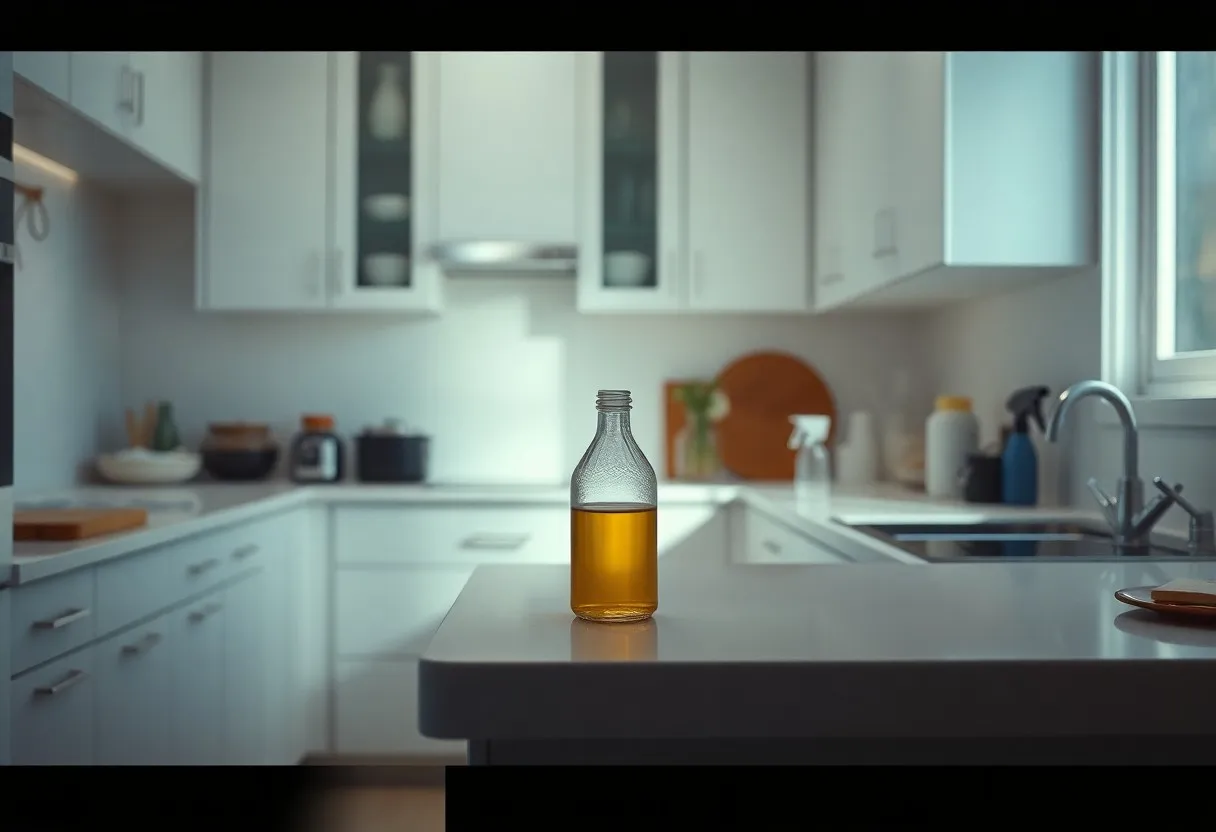
Cleaned With caution and proper knowledge of its limitations, vinegar can be a versatile and effective cleaner for many surfaces. By understanding which surfaces to avoid and how to use acidic cleaners safely, you can harness the cleaning power of vinegar while protecting your belongings from potential damage.
Types of Countertops and Vinegar Usability
Even though vinegar is a popular natural cleaning agent, it is crucial to understand its compatibility with different types of countertops. Vinegar’s acidity can damage certain surfaces, so it’s crucial to know which countertops can safely be cleaned with vinegar.
- Natural Stone Countertops: Vinegar is not recommended for cleaning natural stone countertops such as marble, granite, or limestone. The acidity of vinegar can etch the surface, causing permanent damage.
- Engineered Countertops: Vinegar is safe to use on engineered stone countertops like quartz. These countertops are non-porous and more resistant to acidic substances.
- Additional Countertop Materials: Some countertop materials, such as laminate, stainless steel, and butcher block, are safe to clean with vinegar. It is important to be cautious with any surface that can be affected by acidic substances.
Natural Stone Countertops
Stone countertops like marble, granite, and limestone are beautiful but delicate. Vinegar’s acidity can react with the minerals in these stones, causing etching and dulling of the surface. It is best to use a mild, pH-neutral cleaner specially formulated for natural stone.
=> Read More: Quartz vs Granite Countertops: Which Is Better?

Engineered Countertops
Engineered stone countertops, such as quartz, are more durable and less porous than natural stone. Vinegar is safe to use on these surfaces for routine cleaning. However, abrasive cleaners should be avoided as they can dull the finish over time.
=> Related Article: Quartz Countertop: Clean, Maintain, and Remove Stains
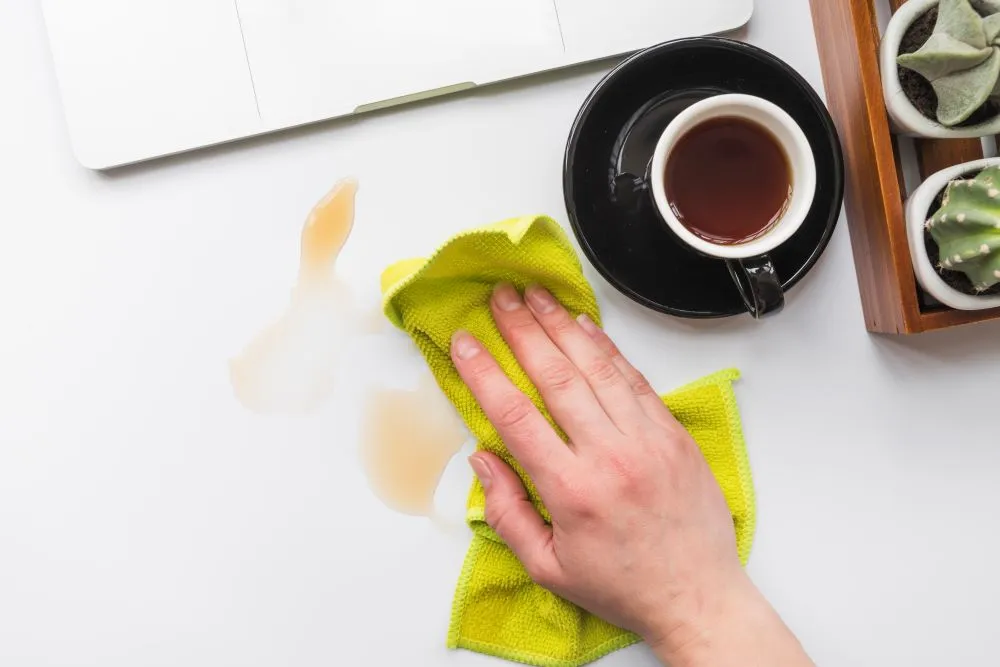
Other Countertops
Another popular option for countertops is laminate, which is affordable and easy to maintain. Laminate countertops can be cleaned with vinegar, but prolonged exposure may cause damage to the seams.
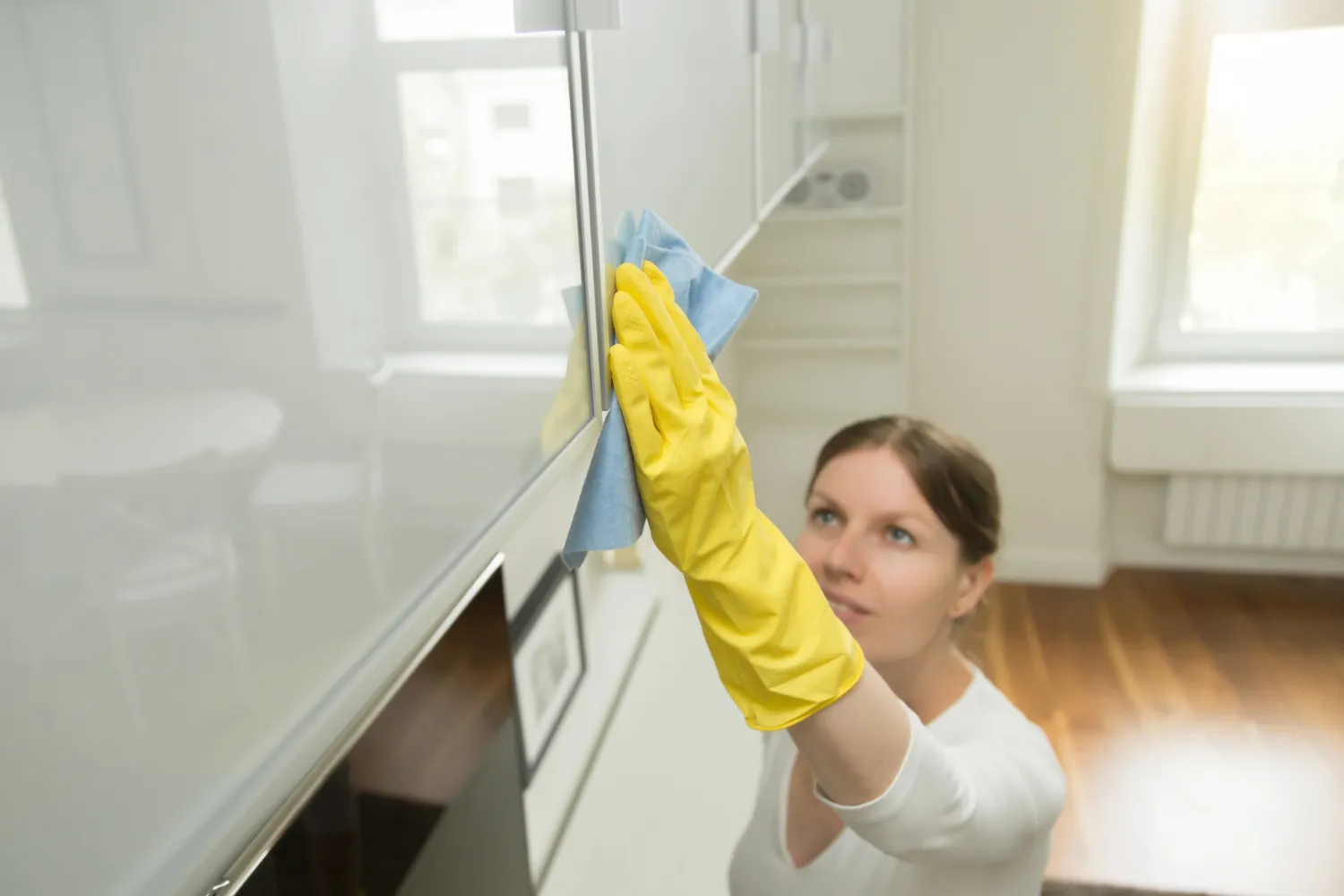
How To Enhance Your Vinegar Cleaner Solution
Elevate your vinegar-based cleaner effortlessly with added fragrance and enhanced cleaning prowess. A mere few drops of tea tree, grapefruit, orange, or lemon essential oils can infuse your DIY cleaner with a delightful, lingering aroma, masking the vinegar scent effectively. Exercise caution, especially around children or pets, by using essential oils sparingly typically, five to 5 – 10 drops of each suffice. While certain essential oils boast antimicrobial properties, their effectiveness isn’t universally proven, and they don’t substitute for dedicated disinfectants.”
=> Related Article: Naturally Clean Bathroom With Grapefruit, Baking Soda, Vinegar
Natural:
Vinegar is a powerful and natural cleaning agent, but its strong scent can be a downside. Adding essential oils to your vinegar cleaner not only masks the vinegar smell with pleasant fragrances but also introduces additional cleaning benefits. Discover how a simple touch of nature can transform your DIY solution into an aromatic and effective household cleaner.
- Essential Oils: Adding a few drops of essential oils can improve the scent of your vinegar cleaner and provide additional cleaning benefits. Some popular options include tea tree oil (antibacterial), lemon oil (deodorizing and grease-cutting), lavender oil (antimicrobial and calming), and eucalyptus oil (antiseptic).
- Citrus Peels: Infuse your vinegar cleaner with citrus peels (such as lemon, orange, or grapefruit) by letting them steep in the vinegar for a few days before straining. This adds a pleasant citrus scent and boosts the cleaner’s cleaning power due to the natural acidity of citrus fruits.
- Herbs: Similar to citrus peels, you can infuse vinegar with fresh herbs like rosemary, thyme, or mint. Herbs not only add a pleasant scent but also contain natural antibacterial properties.
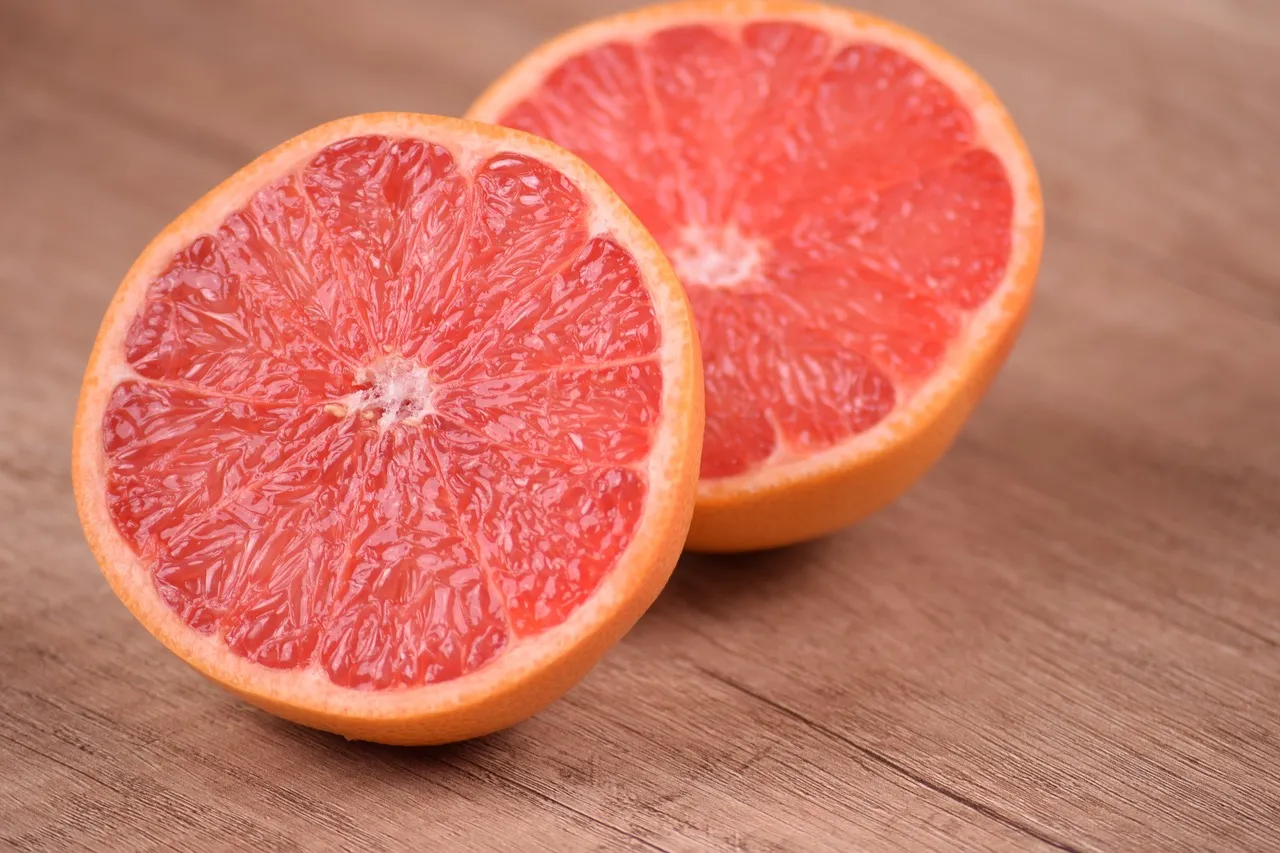
Other Ways:
While vinegar is effective on its own, combining it with other natural ingredients can significantly enhance its cleaning, disinfecting, and deodorizing properties. From baking soda’s scrubbing action to hydrogen peroxide’s disinfecting power, these easy additions can tailor your vinegar cleaner to handle a wide range of cleaning tasks with ease.
- Baking Soda: Mixing baking soda with vinegar creates a powerful foaming action that can help loosen dirt and grime. This combination is especially effective for cleaning sinks, drains, and stubborn stains.
- Hydrogen Peroxide: Adding a small amount of hydrogen peroxide to your vinegar cleaner can increase its disinfecting power, making it more effective against bacteria and viruses.
- Castile Soap: For a vinegar cleaner that also works as a multipurpose surface cleaner, add a small amount of liquid castile soap. This helps break down grease and grime while leaving surfaces clean and streak-free.
- Alcohol: Isopropyl alcohol or vodka can be added to vinegar cleaner to boost its disinfecting properties and help it evaporate more quickly, leaving surfaces clean and streak-free.
- Water: Diluting vinegar with distilled water can reduce its acidity while still maintaining its cleaning power. This is especially useful for sensitive surfaces like hardwood floors.
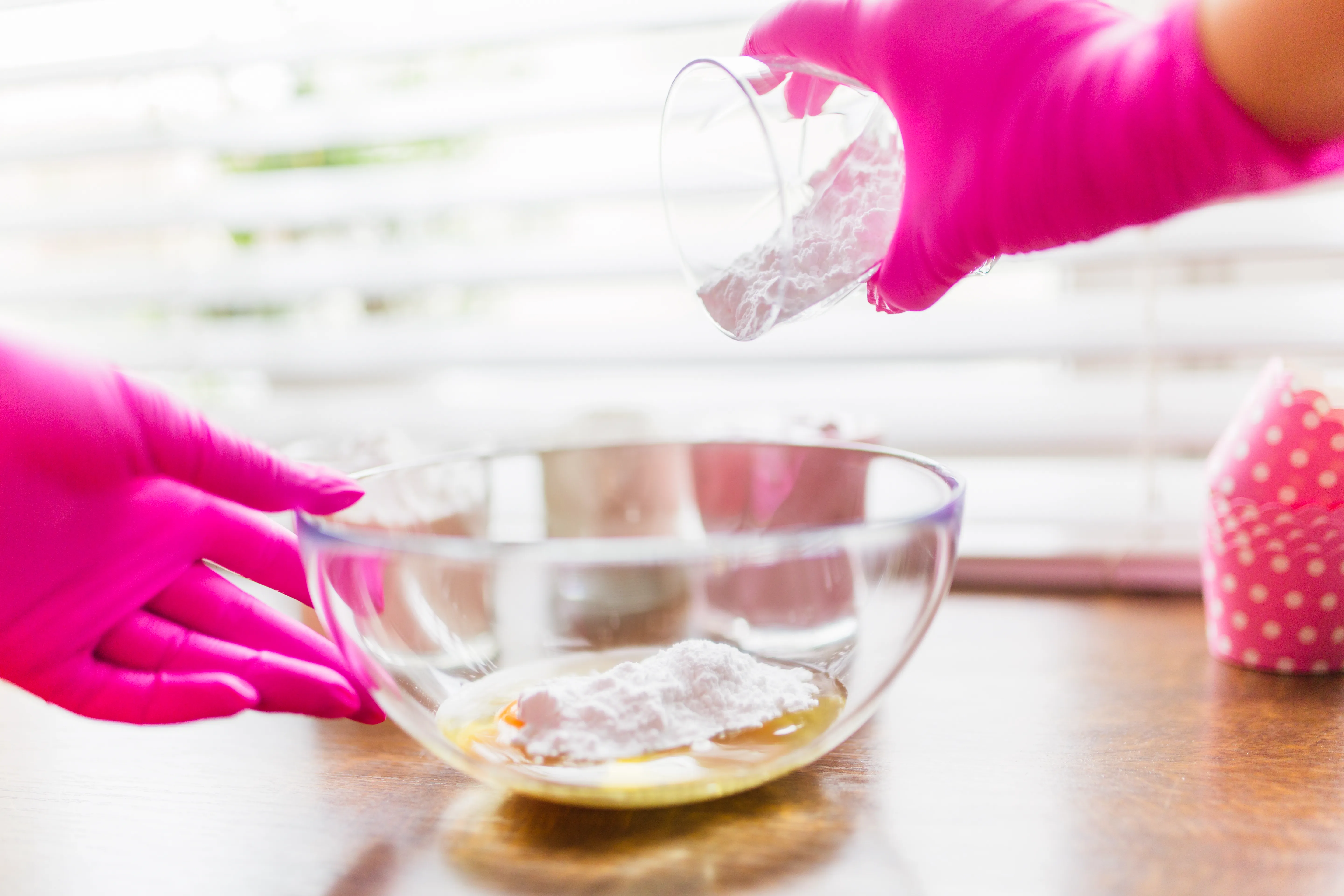
Alternatives to Vinegar for Specialized Cleaning
Now, if you’re considering different options for cleaning your countertops, there are several effective alternatives to vinegar that you might explore. These alternatives can provide safe and targeted cleaning for various materials, ensuring your surfaces remain pristine without the risk of damage.
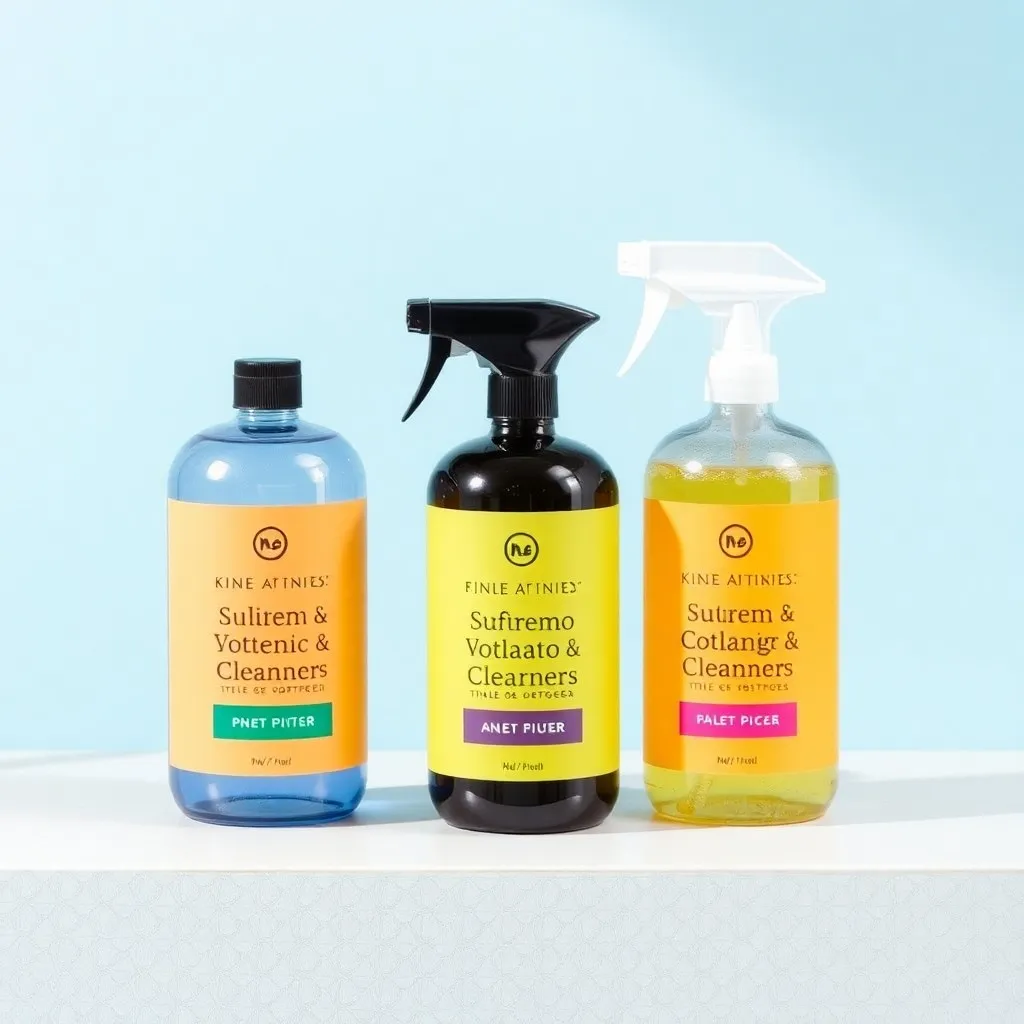
PH-Neutral Cleaners
Specialized pH-neutral cleaners are designed to clean effectively without the risk of damaging sensitive surfaces. These cleaners maintain a balanced pH level, making them safe for natural stone, laminate, and engineered countertops, ensuring that you achieve cleanliness without compromising surface integrity.
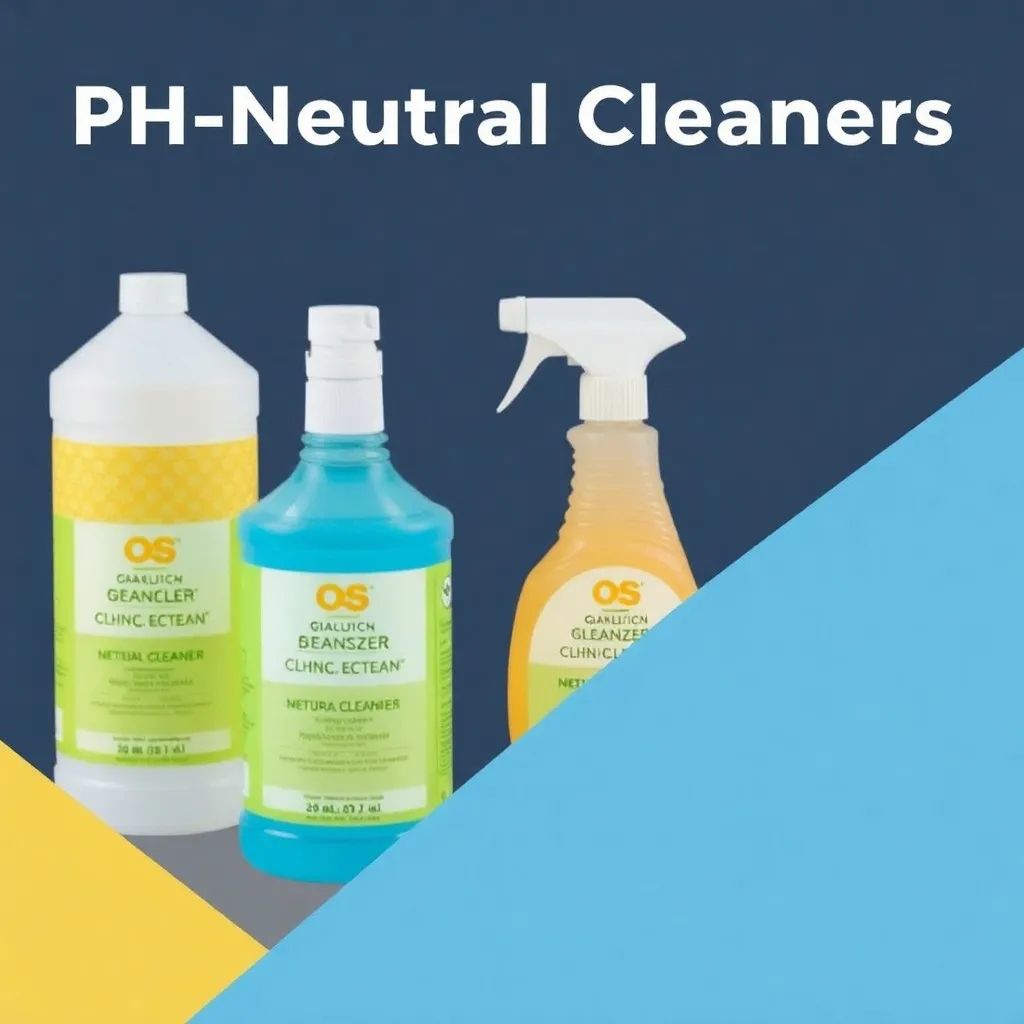
Commercially Available Non-Toxic Options
Along with pH-neutral cleaners, there are numerous commercially available non-toxic cleaning solutions tailored for specific countertop materials. These products are formulated to be gentle yet effective, making them a perfect choice for households with children and pets.
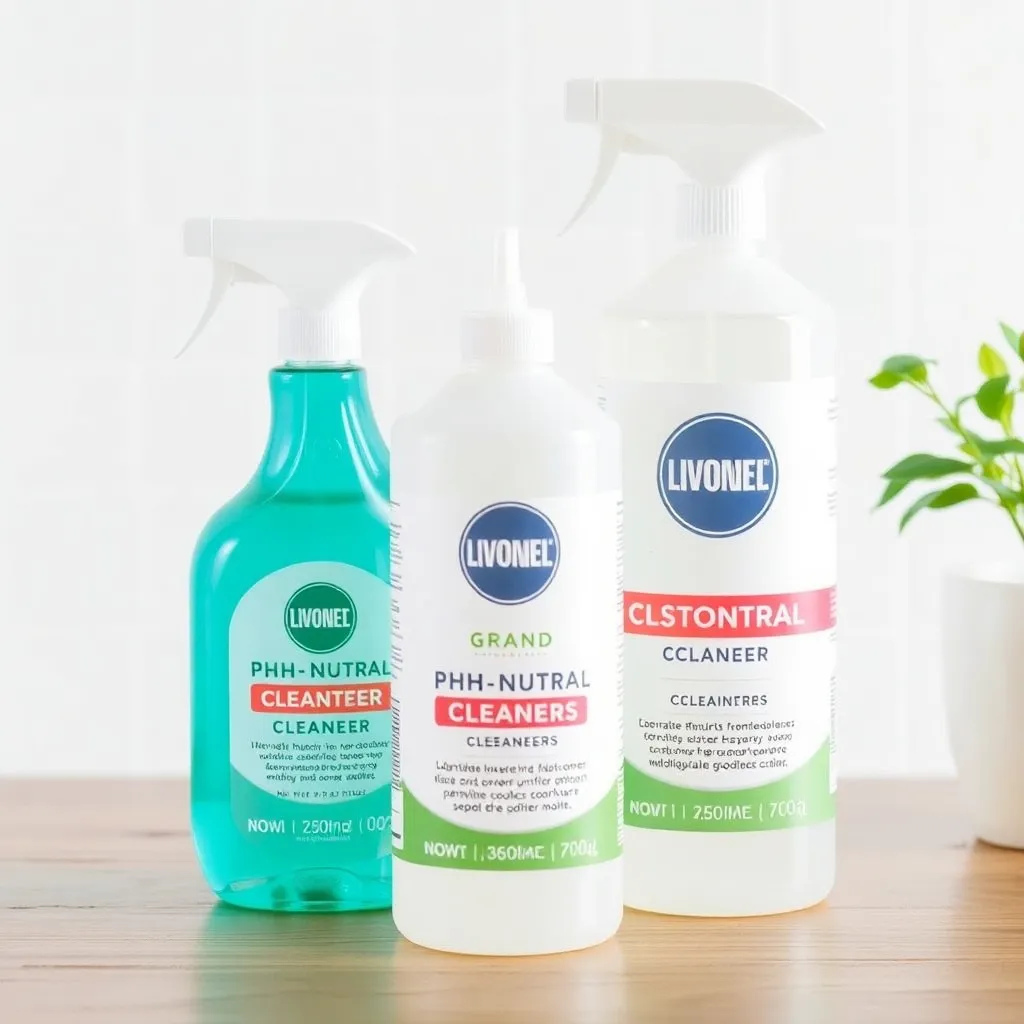
Due to the growing demand for safe and eco-friendly cleaning products, many brands now offer non-toxic alternatives that combine effective cleaning power with natural ingredients. Look for options that are free from harsh chemicals and specifically designed for your countertop type. These products can provide a peace of mind, allowing you to clean regularly without the worry of harmful residues.
DIY Cleaning Solutions
After considering store-bought options, you may also want to explore making your own DIY cleaning solutions. Simple ingredients from your kitchen can effectively clean and freshen your countertops without using vinegar.
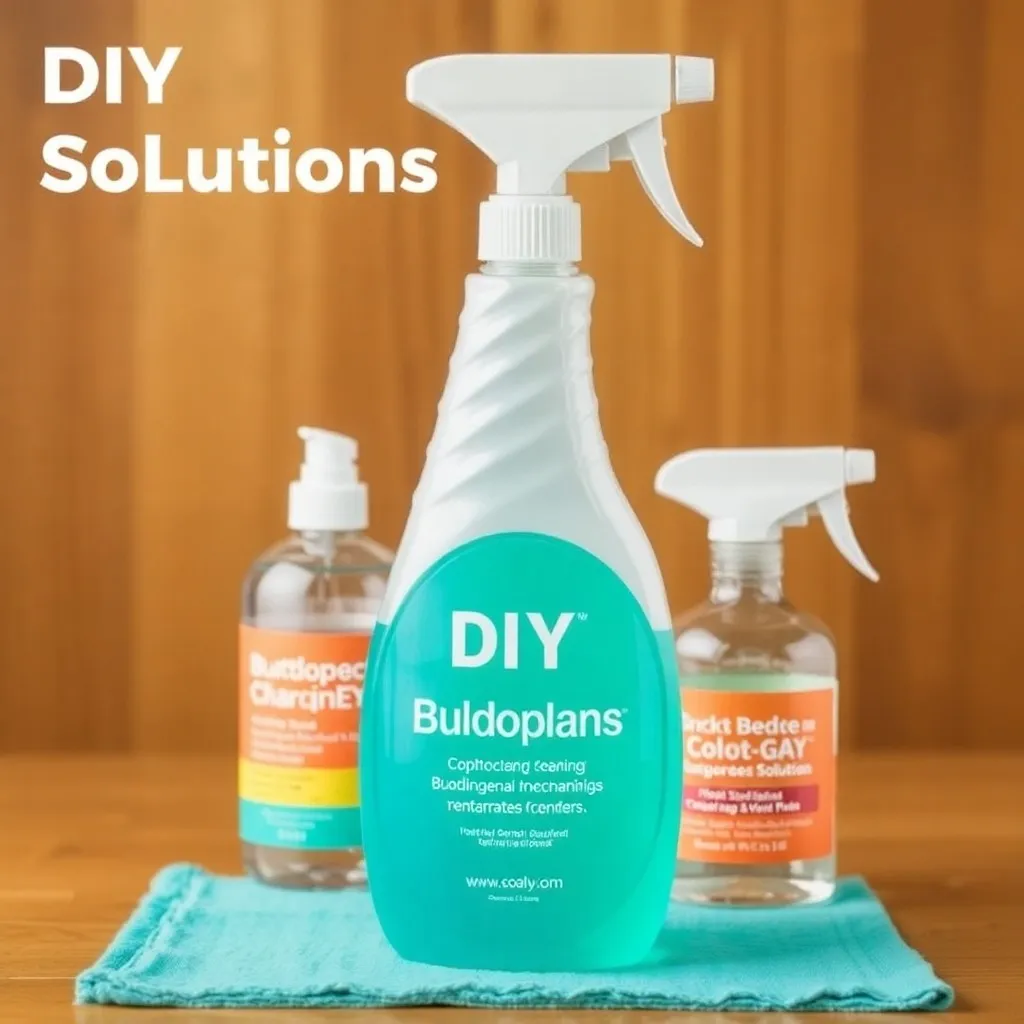
With a mix of ingredients like baking soda, citric acid, and necessary oils, you can create versatile cleaning solutions tailored to your preferences. For instance, a baking soda paste can tackle tough stains, while a diluted solution of citric acid can effectively break down mineral deposits. These DIY alternatives allow you to customize your cleaner while ensuring a safe and healthy environment for you and your family.
Final Words About Clean Countertop Solutions
Presently, vinegar can be a great natural alternative for cleaning countertops, as it is effective at killing germs and removing grease and grime. However, it is important to be mindful of the type of countertops you have, as vinegar may damage certain surfaces like natural stone or marble. Always test a small inconspicuous area before using vinegar on your countertops to ensure it will not cause any harm.
=> Related article: Top 5 Kitchen Countertop Materials Ranked by Popular

Overall, vinegar can be a versatile and economical cleaning solution for many households, but it is crucial to use it wisely and under specific care instructions for your countertops. By incorporating vinegar into your cleaning routine, you can achieve a sparkling and sanitized countertop without the need for harsh chemicals. Remember to always follow proper safety precautions when handling vinegar and other cleaning products to ensure a safe and effective cleaning experience.
FAQs Use Vinegar To Clean Countertops
Is vinegar safe for cleaning all types of countertops?

Vinegar is not safe for all types of countertops. It can damage natural stone surfaces like marble, granite, and limestone due to its acidic nature. However, it is safe to use on engineered countertops like quartz, laminate, stainless steel, and butcher block, just be cautious with prolonged exposure on laminate seams.
What types of countertops should I avoid using vinegar on?

You should avoid using vinegar on natural stone countertops (marble, granite, limestone), hardwood floors, and electronic screens. The acidity in vinegar can etch, dull, or damage these surfaces, leading to costly repairs or replacements.
Can I mix vinegar with other cleaning agents for enhanced cleaning?

While vinegar is effective on its own, it is not advisable to mix it with bleach or other acidic cleaners, as this can produce harmful fumes. You can enhance vinegar with natural ingredients like crucial oils or baking soda, but always test a small area first to ensure no adverse reactions occur.
How can I dilute vinegar for safe cleaning?

For safe use on compatible surfaces, dilute vinegar with water in a 1:1 ratio (equal parts vinegar and water). This reduces its acidity while maintaining its cleaning properties, making it a gentler option for routine cleaning.
Are there any additional benefits to using vinegar as a cleaner?

Yes, vinegar has antimicrobial properties, making it effective in killing certain bacteria and viruses, which is useful for disinfecting surfaces. Additionally, it’s inexpensive, non-toxic, and readily available, making it an eco-friendly option for cleaning.
How can I enhance the scent of my vinegar cleaner?

You can enhance the scent of your vinegar cleaner by adding a few drops of crucial oils, such as tea tree, lemon, or lavender. Alternatively, you can infuse vinegar with citrus peels or fresh herbs for added fragrance. Let the mixture steep for a few days before use.
What should I do if I accidentally use vinegar on a surface that doesn’t tolerate it?

If you accidentally used vinegar on a surface that is not suitable for it, quickly rinse the area with water to minimize potential damage. For natural stone, you may need to consult a professional to restore any etching or dullness caused by the vinegar.











